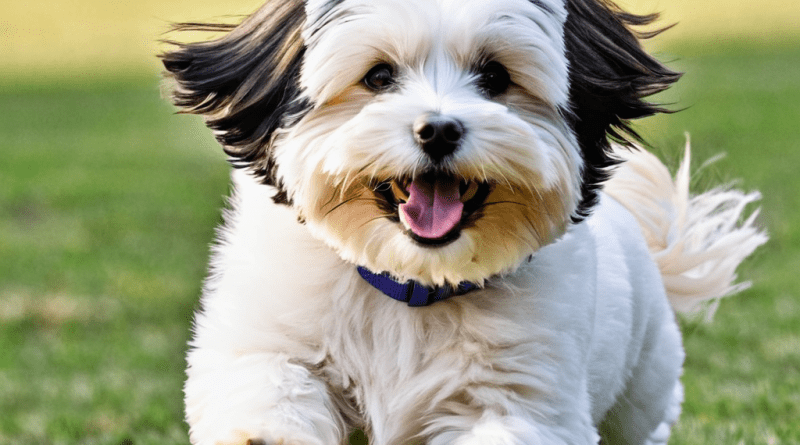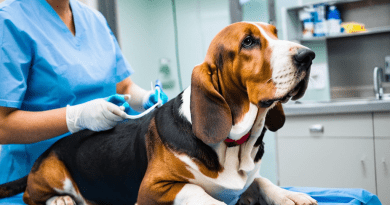Understanding Havanese Health: Common Concerns and How to Address Them
Welcome to Petsfi, where we love sharing insights into helping your furry friends live the best life possible. In today's post, we'll talk about the charming Havanese breed, known for their lively spirits and affectionate hearts. These adorable dogs make excellent companions, but they do face some breed-specific health challenges. As a responsible Havanese owner, it's important to stay informed about these potential issues so you can take proactive steps to ensure your dog's happiness and well-being.
Keeping Knees Healthy: Patellar Luxation
The Havanese breed can be susceptible to patellar luxation, a condition where the kneecap pops out of place. This can cause discomfort and even lameness. To keep your Havanese in tip-top shape, maintaining a healthy weight is paramount. Overweight dogs put extra stress on their joints. Combine a balanced diet with regular exercise to support strong muscles and joint stability.
Preventing Vision Loss: Progressive Retinal Atrophy (PRA)
Progressive Retinal Atrophy is an inherited eye disease that can lead to vision impairment. While there's no cure, the impact can be minimized through responsible breeding. Ensure that both parents of a Havanese puppy are tested for PRA before breeding. Moreover, habitual eye exams done by a veterinarian can enable early detection and management of this condition.
Managing Hip Health: Legg-Calvé-Perthes Disease
Legg-Calvé-Perthes disease affects the hip joints, sometimes seen in small dogs, including the Havanese. This condition leads to hip joint degeneration, causing pain and movement issues. While some cases may require surgery, pain management and physical therapy often play key roles in treatment. Early diagnosis and intervention are crucial.
Oral Care is Essential
Havanese are not immune to dental woes. Due to the crowded nature of their small mouths, they're at risk for tooth decay and gum disease, not to mention the dreaded bad breath. Regular tooth brushing and the right dental chews are simple home remedies, while annual cleanings by a vet further assure good oral health.
Managing Allergies in Havanese
Like many breeds, Havanese can suffer from allergies that manifest in skin irritation, itchiness, or ear infections. These reactions can be triggered by commonplace allergens such as pollen or certain foods. Identifying and avoiding these triggers is critical, and a vet may recommend special diets or medications to tackle the symptoms.
Keeping the Heart Strong
Heart conditions, including mitral valve disease and patent ductus arteriosus, can affect Havanese dogs. Stay on top of your pet’s heart health with regular veterinary checkups that include comprehensive cardiac exams. While some heart conditions may require medication or surgery, early detection is often key to successful treatment.
Conclusion
Although Havanese dogs are generally regarded as a healthy breed, they are not free from health concerns. Being proactive about these common issues is fundamental. This includes scheduling regular veterinary visits, advocating for responsible breeding practices, and fostering a healthy lifestyle for your pet. A well-cared-for Havanese will reward you with their happy and healthy companionship.
Remember that every dog is unique, and their needs can vary. It's important to work closely with a trusted veterinarian to tailor a care plan specific to your Havanese. With the right care and attention, your furry friend can enjoy a long, happy life by your side.
If you found this post about Havanese health informative, follow Petsfi for more great content. Whether you're a seasoned dog owner or a first-timer, we aim to deliver valuable insights to help your pets thrive. Stay tuned!




